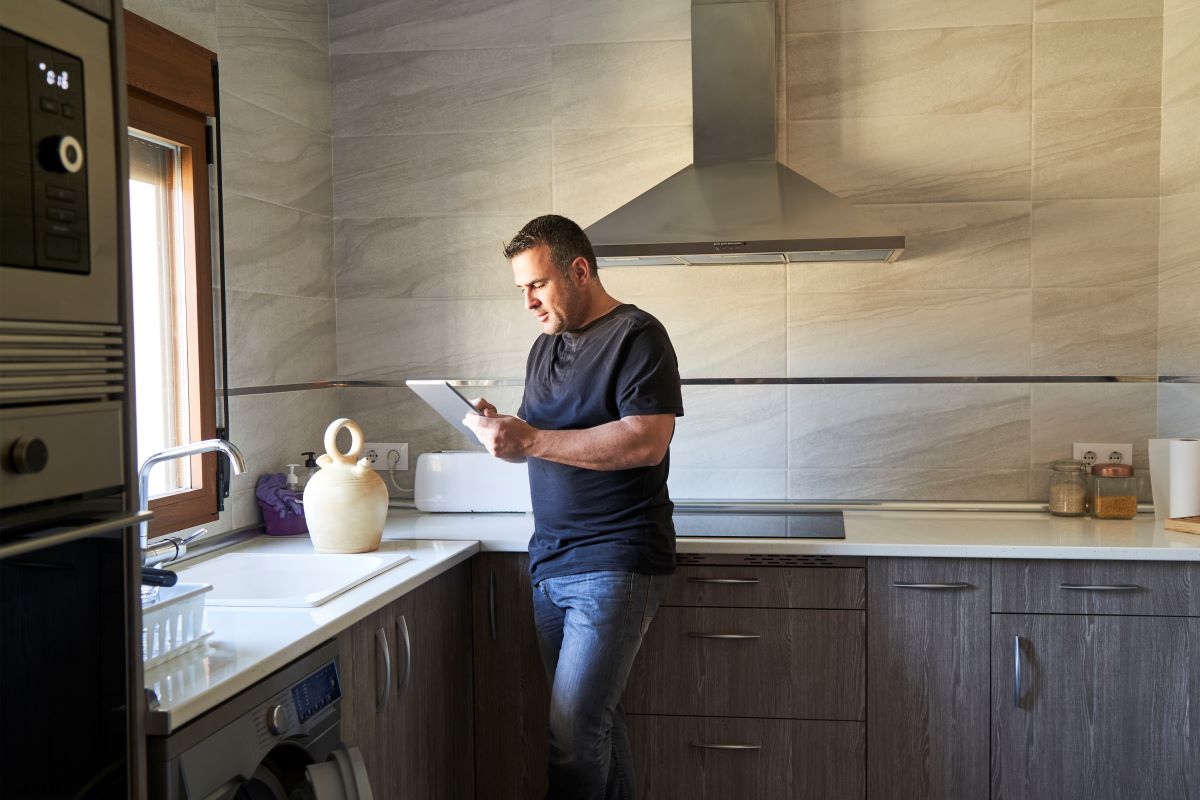If you’re planning a renovation, one of the most important questions to ask is: What is a typical general contractor fee? Whether you’re updating your kitchen or remodeling your entire home, hiring a general contractor for home remodel services ensures that the project is managed properly from start to finish. But understanding how contractors charge—and what those fees cover—is essential to setting a realistic budget and making confident hiring decisions.
In most cases, a general contractor’s fee falls between 10% and 20% of the total project cost. This fee compensates the contractor for managing the job, coordinating subcontractors, handling permits and inspections, and overseeing the project timeline and quality control. Let’s take a deeper look at what this range includes and how it fits into your overall renovation budget.
What Does the General Contractor Fee Include?
Unlike subcontractors—who handle specific trades like plumbing or electrical—a general contractor oversees the entire remodeling process. Whether you’re working with a home remodeling contractor near you for a kitchen update or a full-house renovation, their fee covers far more than just labor.
A typical general contractor fee includes:
- Project planning and coordination
- Hiring and managing subcontractors
- Scheduling inspections and obtaining permits
- Handling material deliveries and storage
- On-site supervision
- Quality control and problem-solving
- Communication with the homeowner
This level of involvement allows you to focus on your vision while the remodel house contractor handles logistics and execution.
 How the Fee Is Calculated
How the Fee Is Calculated
There are two primary ways a general contractor remodeling team may structure their fee:
Percentage of Total Project Cost
This is the most common approach. Contractors charge a percentage—usually between 10% and 20%—of the total job cost. For example, on a $60,000 kitchen renovation, a contractor might charge $9,000 (15%) as their management fee.
The percentage may vary based on project size, complexity, timeline, and other variables. Smaller jobs may carry a higher percentage to cover fixed overhead, while larger jobs may benefit from lower margins due to scale.
Fixed Fee
In some cases, especially for smaller or straightforward remodels, a contractor may propose a fixed fee. This offers predictable costs for the homeowner, though it requires very clear project scope and details.
Whichever method is used, a reputable home remodeling contractor will provide a clear, itemized estimate and explain how the fee was calculated.
Factors That Influence the Contractor’s Fee
Several variables affect what a general contractor may charge:
Project Complexity
A project involving structural changes, custom finishes, or extensive mechanical work demands more oversight and coordination, which may result in a higher fee.
Timeline
Tight or fast-track schedules may increase the fee, as the contractor must dedicate more time and possibly pay subcontractors overtime.
Location
Labor and material costs vary by region. A home remodeling contractor near you will set fees in line with local market conditions.
Remodel Type
Certain types of remodels, like kitchens, tend to command higher contractor fees due to their complexity. Kitchen remodeling contractors often coordinate plumbing, electrical, cabinetry, appliances, and more—making their role more demanding than in a cosmetic remodel.
Example: General Contractor Fee on a Kitchen Remodel
Let’s say you’re planning a mid-range kitchen renovation costing $50,000. Based on an average general contractor fee of 15%, your contractor might charge $7,500. This fee would cover:
- Hiring subcontractors (plumbers, electricians, cabinet installers)
- Managing the project schedule
- Ensuring building code compliance
- Handling inspections
- Addressing issues that arise during construction
- Keeping the project on time and within budget
Hiring a qualified contractor for kitchen remodel projects ensures the complexity of your kitchen renovation is handled professionally from start to finish.
 Kitchen vs. Whole-Home Remodels: Does the Contractor Fee Change?
Kitchen vs. Whole-Home Remodels: Does the Contractor Fee Change?
It can. While the percentage range stays similar, the type of remodel may influence how much work is involved for the contractor. Kitchens and bathrooms typically require more trades and detail work per square foot than a bedroom or living room remodel.
If you’re deciding between focusing on your kitchen or undertaking a larger renovation, take a moment to read Kitchen vs. Whole-Home Remodels: Which Contractor Do You Need?. This guide can help you weigh your options and understand how contractor fees apply to each type of project.
Are General Contractor Fees Worth It?
While it’s tempting to reduce costs by acting as your own project manager, the reality is that general contractors bring value that often offsets their fees. A qualified interior home remodeling contractor helps prevent delays, catch costly mistakes, coordinate multiple crews, and navigate permits and codes. Their knowledge, experience, and network of professionals can save time and money in the long run.
Many homeowners discover that trying to cut corners leads to stress, rework, and hidden costs—ultimately making the contractor’s fee a worthwhile investment.
How to Choose the Right General Contractor
The most important part of paying a contractor fee is knowing that you’re getting what you pay for. A quality contractor should be:
- Licensed and insured
- Transparent about pricing and scope
- Responsive and communicative
- Backed by solid reviews and references
- Experienced in your specific type of remodel
If you’re unsure how to find the right person for the job, take a look at Your Guide to Hiring a General Contractor for Home Remodeling. It covers everything you need to know, from interviewing contractors to comparing bids and checking credentials.
So, what is a typical general contractor fee? While it often ranges from 10% to 20% of the total remodel cost, that number reflects a range of valuable services—project management, coordination, quality control, and risk mitigation. Whether you’re planning a kitchen renovation or a larger home transformation, hiring a reliable home remodeling contractor ensures your vision becomes a reality—on time and on budget.
Ready to Start Your Remodel?
If you’re considering a home upgrade and want experienced guidance, DWR Interiors is here to help. Our team of skilled remodeling contractors has the tools, talent, and dedication to deliver beautiful, lasting results.
Call 281-419-4144 or send us a message through our website to get started on your next remodeling project.

